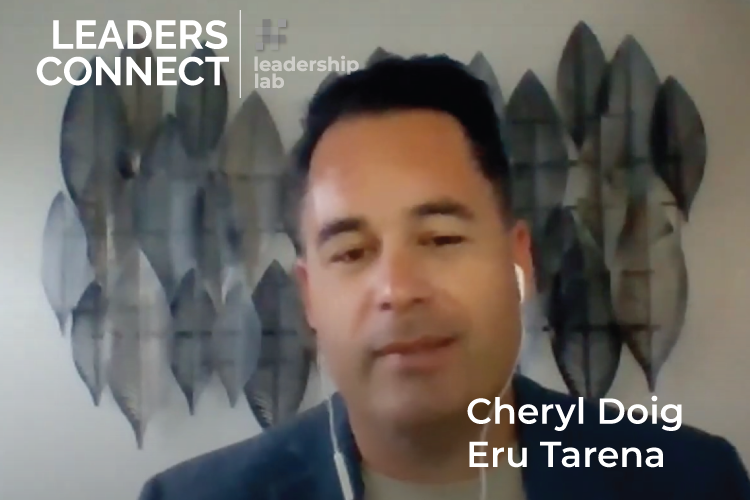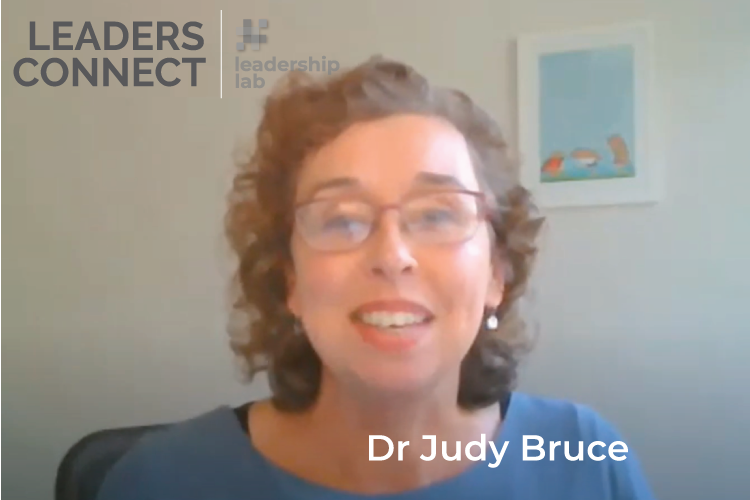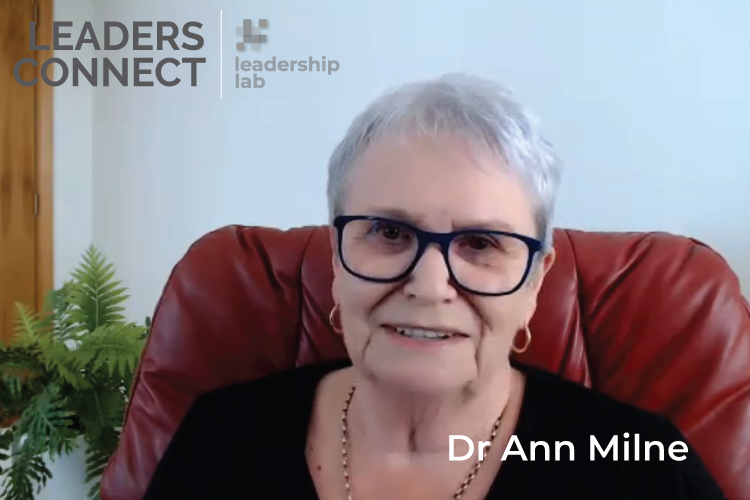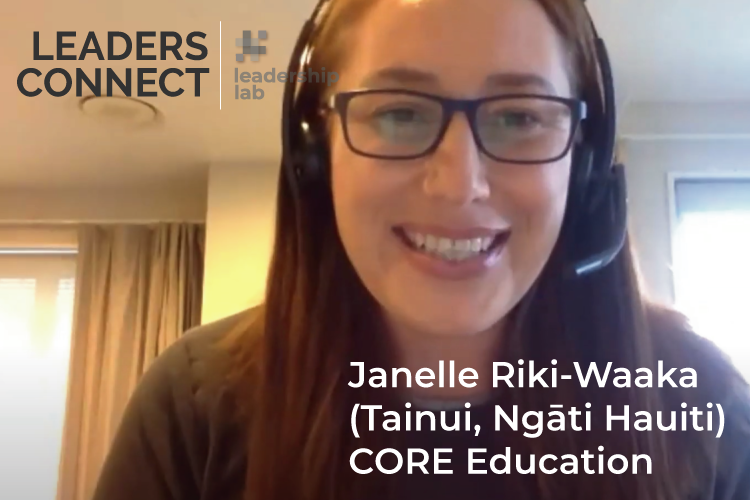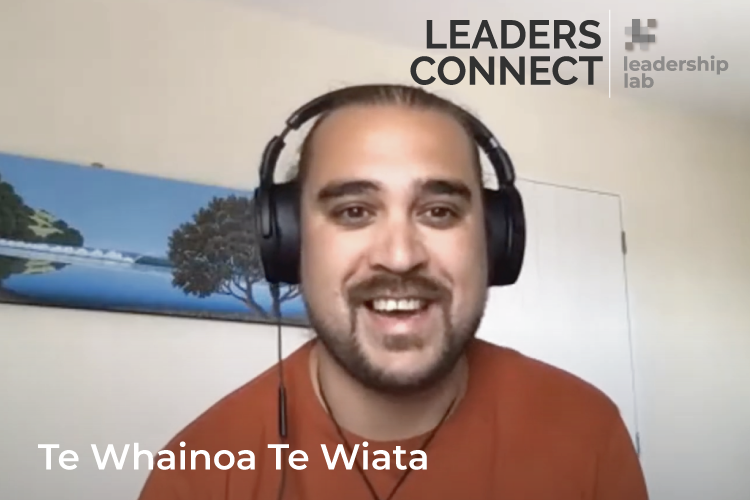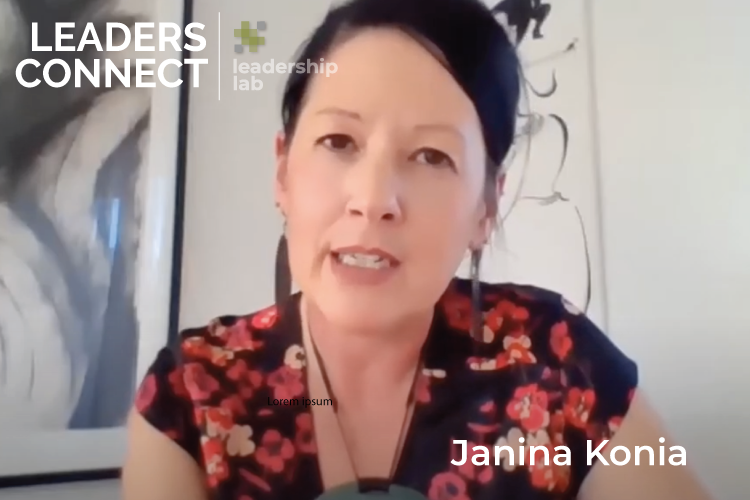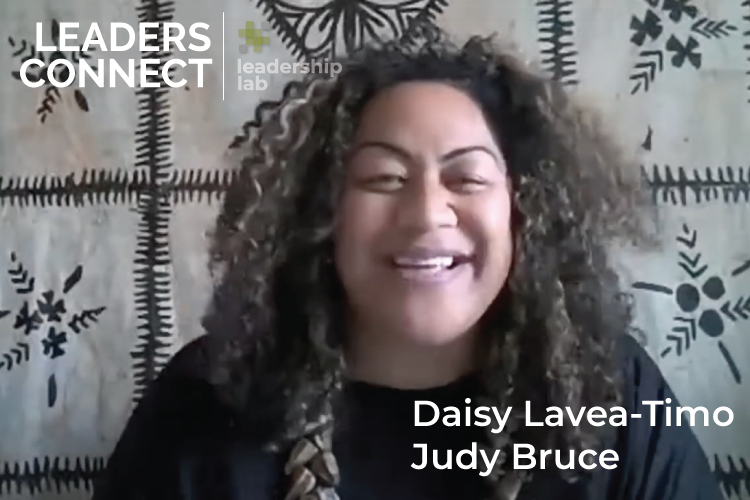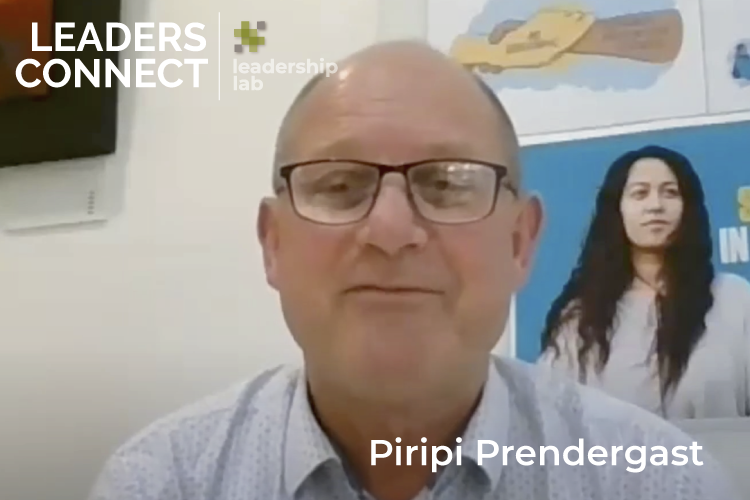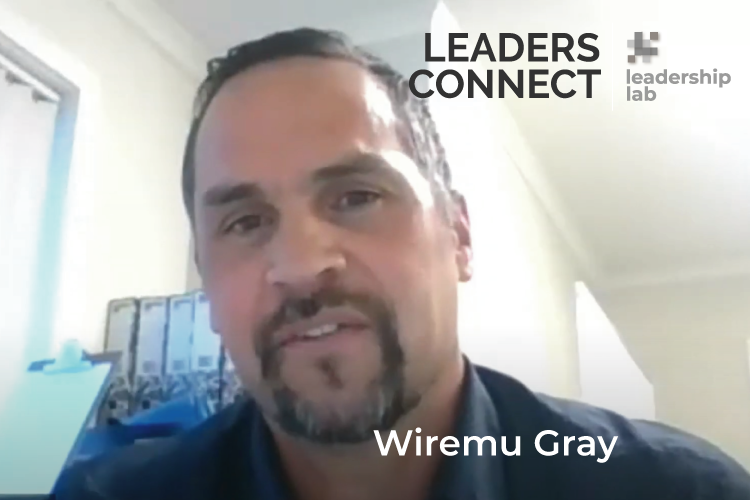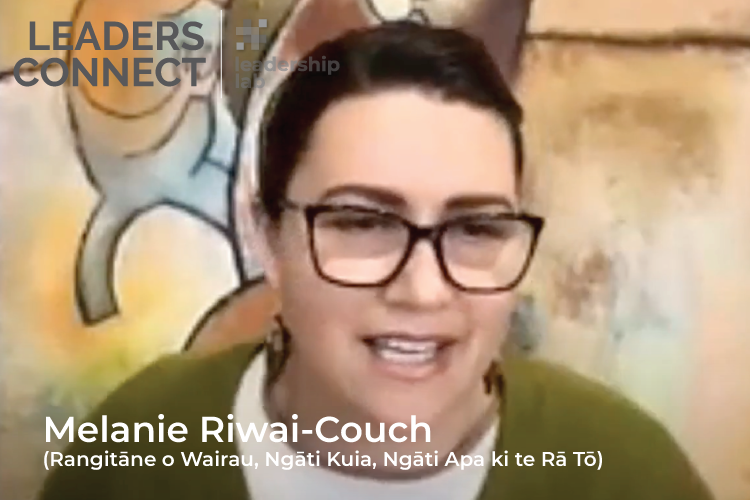Theme Overview : Print Ready Guide
Here is our theme summary, complete with questions for each, and pretty much ready to print
Use the Print Page button at the bottom of this page for a printed version
A1 : Leading for equity: What’s our next step?
Eru and Cheryl share some insights for leaders to actively support an equitable future for Aotearoa, New Zealand.
- What will inspire you to work together for change?
- What are the ways in which equity can be future-focused?
- In your own spaces, what are the pathways to bring this future together?
A2 : Racism, bias and where to from here
In this Leaders' Connect hui recording from 12 May 2022, Dr Judy Bruce shares her whakaaro on Racism, bias and where to from here: Facing the elephant in the room.
- What are the elephants that you see in your communities/spheres of influence? E.g. biases that you are aware of?
- In what ways do the four different views provide a tool for thinking about mental models in your context?
- Share a time when you have had a destabilising encounter with someone that created a different way of thinking/being.
- Look back to the story that you told your colleagues in the previous breakout – how does your story connect/relate to these ideas of fostering ethical relationships?
- What are some of the ways that you or others you know have found to be effective in creating safe and courageous spaces for dialogue?
A3 : Leading out of White Spaces
In this Leaders’ Connect hui recording from 17 February 2022, Dr Ann Milne shares her whakaaro on Leading Out of White Spaces.
- How is the ground at your place now?
- What is your current Point B?
A4 : Honouring Equitable Partnerships
In this Leaders’ Connect hui recording from 29 July 2021, Janelle Riki-Waaka shares her whakaaro on Honouring Equitable Partnerships.
- In partnerships, what will we need to check at if we were to govern in honourable ways and establish authentic, equitable access at the door?
- What are the barriers to Māori having rangatiratanga (self-determination) in my school or workplace?
- What are some practical actions we can take to decolonise our education practices for tamariki Māori?
A5 : Mana Whenua Engagement: Sustaining Meaningful Relationships
Te Whainoa Te Wiata explores questions such as, “why is mana whenua engagement so vital to schools and communities?” and “how do we create and sustain meaningful relationships?”.
- What stands out to you from Te Whainoa’s kōrero so far?
- How does this relate to your own journey, or your organisation’s journey?
- What is your understanding of mana?
- How can you acknowledge the mana of others?
A6 : Leading Authentic Partnerships – He mahi kai takata, he mahi kai hōaka
Janina Konia (Ngāi Tahu, Ngā Puhi) is the Senior Advisor Māori at the Ministry of Education - Canterbury. Her previous role was kaiārahi at Mātauraka Mahaanui, an advisory board to MOE with a mandate to represent Te Rūnanga o Ngāi Tahu across the Waitaha region.
- Leading Authentic Partnerships” – what do each of these kupu (“authentic”, “partnership”, “leading”) mean to you?
- How, when combined, do these kupu impact our mahi? How would you know?
- Think back to a time when you have been involved in authentic partnership – what were the touchstones that have supported / enhanced these?
- Alternatively, if you have never experienced an authentic partnership – what was missing for you? What was needed?
- What have you learnt and what do you intend to take forward as a result of today’s kōrero?
A7 : Leading for cultural capability: Showing up differently
Daisy Lavea-Timo and Dr Judy Bruce share from their own leadership experiences and challenge traditional ideas of inclusion, diversity and tolerance, and invite us to consider ways of showing up differently in intercultural connections.
- What does cultural capability mean to you and what questions do you have on this topic?
- In what ways could the systems change framework help your team consider change in your context?
- In what ways do the four different views provide a tool for thinking about mental models in your context?
- How might your students and their aiga/family/whanau see themselves reflected in your school?
- What might they say if you were to ask them what’s working well and what’s not working well?
A8 : De-streaming our kura
In this Leaders’ Connect hui recording from 10 June 2021, Piripi Prendergast and some of the rangatahi from Tokona Te Raki share their whakaaro on De-streaming our kura.
- As education leaders, what is your response to the kōrero you have heard?
- Are you aware of the impact of streaming on your own akonga?
- How does your organisation currently enable this systemic barrier to Māori educational success?
- What is your organisation’s policy on streaming?
- What could your organisation do to change this system? What brave step are you prepared to take?
A9 : Leading Well – Te Whare Mauri Ora
Wiremu Gray shares whakaaro on Te Whare Mauri Ora, his framework for leading well by caring for ourselves and others.
- As a leader, you have lots of different roles and responsibilities, which can make it difficult to maintain a good work/life balance. How do you keep your cup full?
- As a leader what helps you to perform and to be at your best?
- What learning can you take away from these concepts of Te Whare Mauri Ora?
- What’s one goal you would like to develop for yourself from this model?
- How does Te Whare Mauri Ora help us to reflect on our leadership?
- How do we nurture the mauri of others? How do we listen, understand, value and involve others? (Give Mana to others)
- How can we make sure we have the energy/vibrancy to lead in the mana-enhancing way we desire?
A10 : Niho Taniwha
In this Leaders' Connect hui recording from 25 August 2022, Dr Melanie Riwai-Couch (Rangitāne o Wairau, Ngāti Kuia, Ngāti Apa ki te Rā Tō) discusses her book Niho Taniwha and shares her whakaaro on improving teaching and learning for ākonga Māori.
- What does cultural competence mean to you?
- What do you think a culturally responsive school leader does? How do they prepare to lead? How do they engage with their staff, whānau and ākonga?
- What difference does it make to ākonga if their school leaders are culturally competent?

